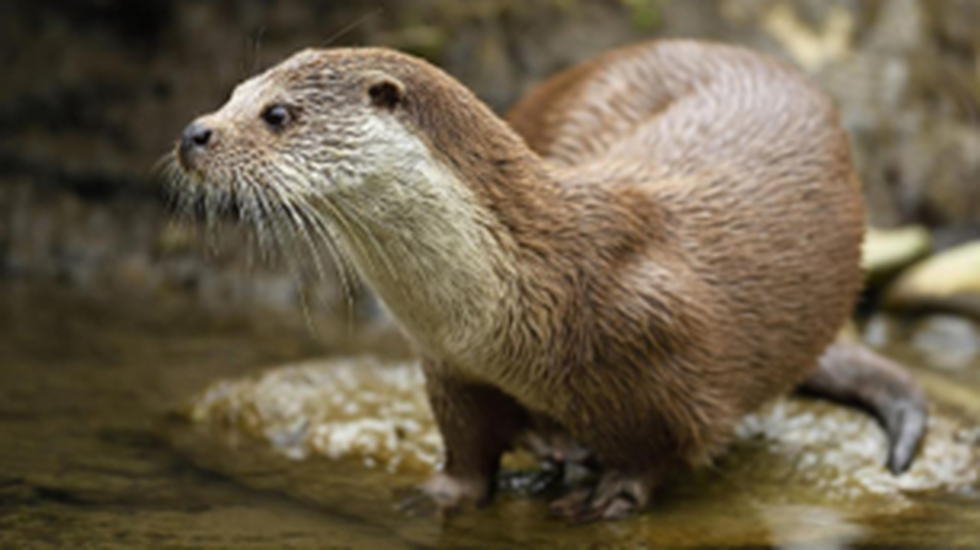About Eurasian Otter:
- It is a semi-aquatic carnivorous mammal native to Eurasia.
- Scientific Name: Lutra lutra
- Distribution:
- It has one of the widest distributions of all Palearctic mammals, from Ireland to China and down to Southeast Asia.
- It lives throughout Europe, North Africa, and Asia.
- In India, it occurs in northern, northeastern, and southern India.
- Habitat:
- It inhabits streams, rivers, lakes, freshwater and peat swamp forests, ocean shores, rice fields, fjords, caves, and other terrestrial habitats close by waterways.
- In the Indian subcontinent, it is found in cold hills and mountain streams.
- Conservation Status:
- IUCN: Near threatened
- Wildlife Protection Act, 1972: Schedule II
- CITES: Appendix I
Key Facts about Chinnar Wildlife Sanctuary (CWS):
- Location:
- It is located in Idukki District, Kerala.
- It lies in the rain shadow region of the Western Ghats and receives very less rainfall every year.
- The south side of the sanctuary is covered by Eravikulam National park, and the north side is by Indira Gandhi Wildlife Sanctuary.
- Vegetation:
- It has a wide array of habitat types, like deciduous forests, dry thorn scrub, riparian forest, shoals, and grasslands.
- There is an extensive sandalwood forest nearby the sanctuary.
- Flora:
- Chinnar has about 1000 species of flowering plants and a wide variety of medicinal plants.
- The major species of flora include Acacia arabica, Acacia leucofolia, Acacia concinna, antallum album, Anogeissus latifolia, Rhododendron nilagiricum, Elaeocarpus, etc.
- Fauna:
- It is home to the endangered Great Grizzled Squirrel of India.
- Other important mammals that you can see here are the elephant, tiger, leopard, guar, sambar, spotted deer, Nilgiri Tahr, etc.
